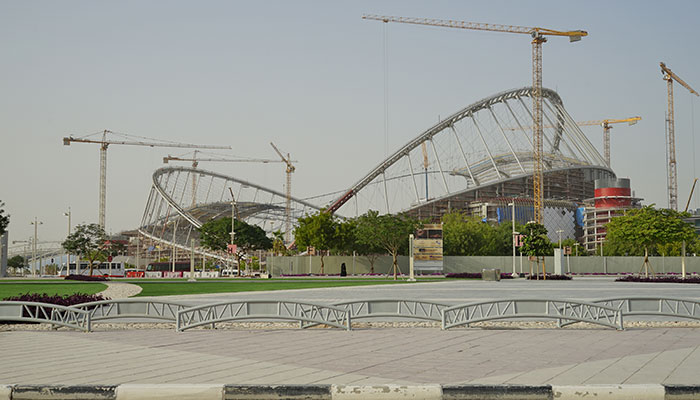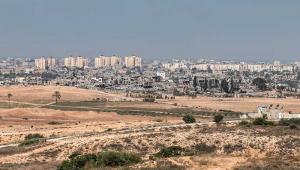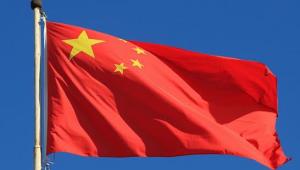web_qatarworldcup_shutterstock_557676559.jpg

Qatar is reportedly splurging $500m per week on infrastructure projects in preparation for its hosting of the 2022 World Cup.
The oil-rich Gulf state plans to spend more than $200bn in total in preparation for its hosting of the World Cup in 2022.
Finance minister Ali Shareef Al-Emadi said yesterday that the country is spending “close to $500m per week” on infrastructure, including everything from stadiums to transport projects and hospitals.
“And this will carry on for the next three to four years to achieve our goal and objective of really getting ready for 2022,” he said, according to the Guardian.
“We are really giving ourselves a good chance of delivering things on time and we don’t want to get in a place that we start painting while people are coming to the country.”
He explained that the country is “comfortable” with current oil prices, whose recent crash plunged the public finances of the previously wealthy Gulf states like Qatar, used to lavish spending, into disarray.
As a result, the country posted its first deficit in more than a decade last year, worth more than $12bn. It plans to trim this figure to $7.7bn this year, despite the World Cup spending plans.
Oil prices are on the road to recovery after the world’s major producers agreed to stem production to reduce oversupply. But as the IMF has recently pointed out with regards to Saudi Arabia, this decline in production could still mean slower growth for oil-reliant economies.
The oil price crash and production deal seem to have had less of an impact on Qatar. The IMF predicts growth will hit 3.4% this year, although it expects this to drop to 1.6% by 2021.
The fund welcomed an agreement between the Gulf nations, many of which impose few or no taxes on the majority of their citizens, to introduce a value added tax by 2018.
This will yield additional revenue for government coffers, as will plans to implement excise duties on tobacco and sugary drinks starting this year.
To ease the pressure on its coffers, the government has already merged some of its ministries, partially scrapped subsidies on petrol, and postponed some capital projects.













